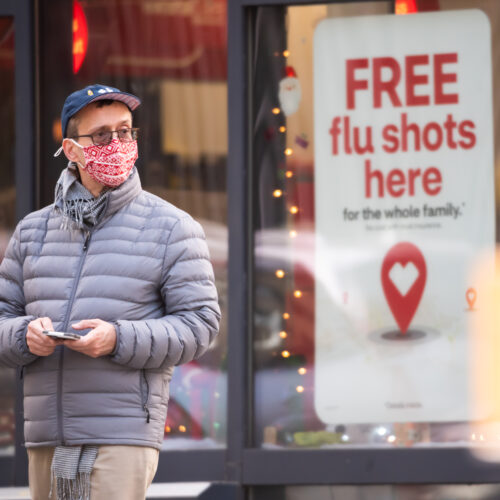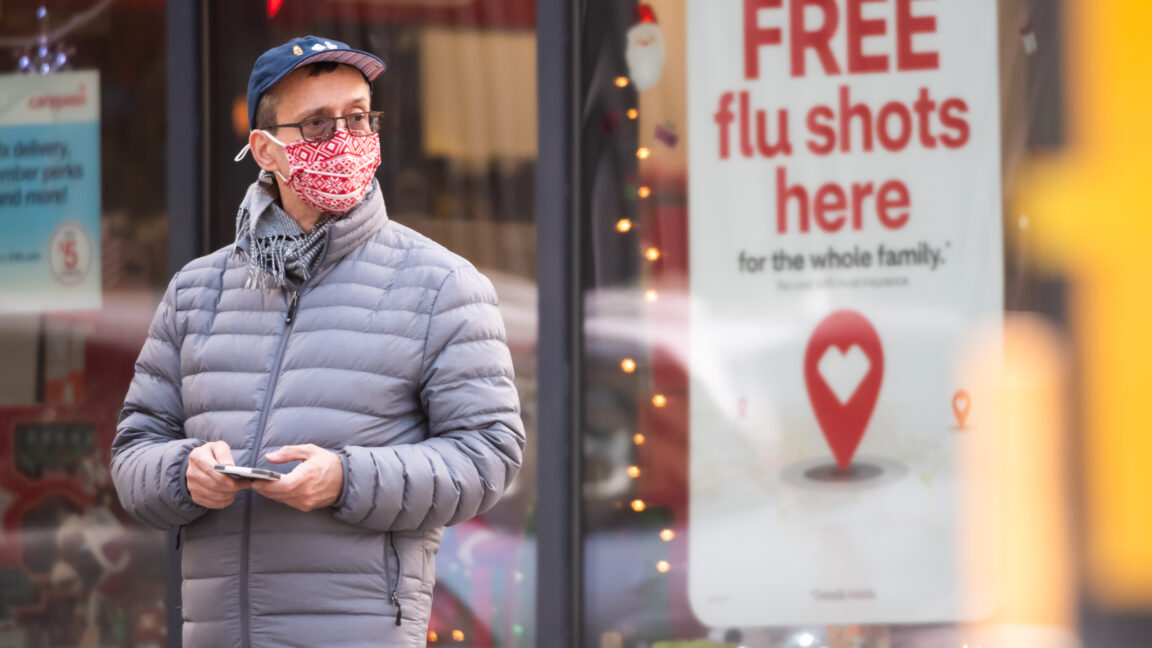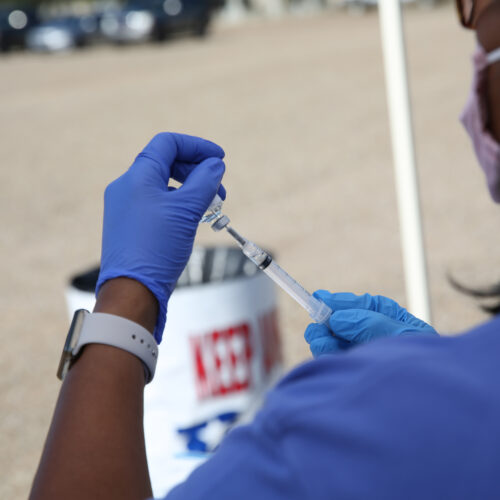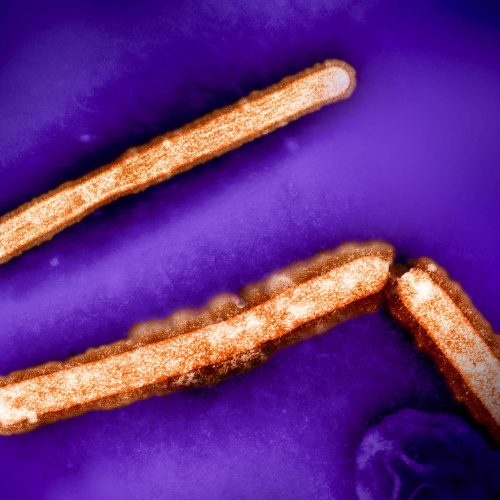Trump orders US withdrawal from the World Health Organization
On his first day in office, President Trump issued an executive order to withdraw the US from the World Health Organization, a process that requires a one-year notice period as set out in a 1948 Joint Resolution of Congress.
Trump initially tried to extract the US from the United Nations health agency in July 2020, but the process did not come to completion before he was voted out of office.
At the time, Trump criticized the agency's handling of the COVID-19 pandemic, claimed it was protecting China, and asserted that it was overcharging the US in dues. "China has total control over the World Health Organization despite only paying $40 million per year, compared to what the United States has been paying, which is approximately $450 million a year," Trump said in 2020 prior to issuing the first notice of withdrawal.

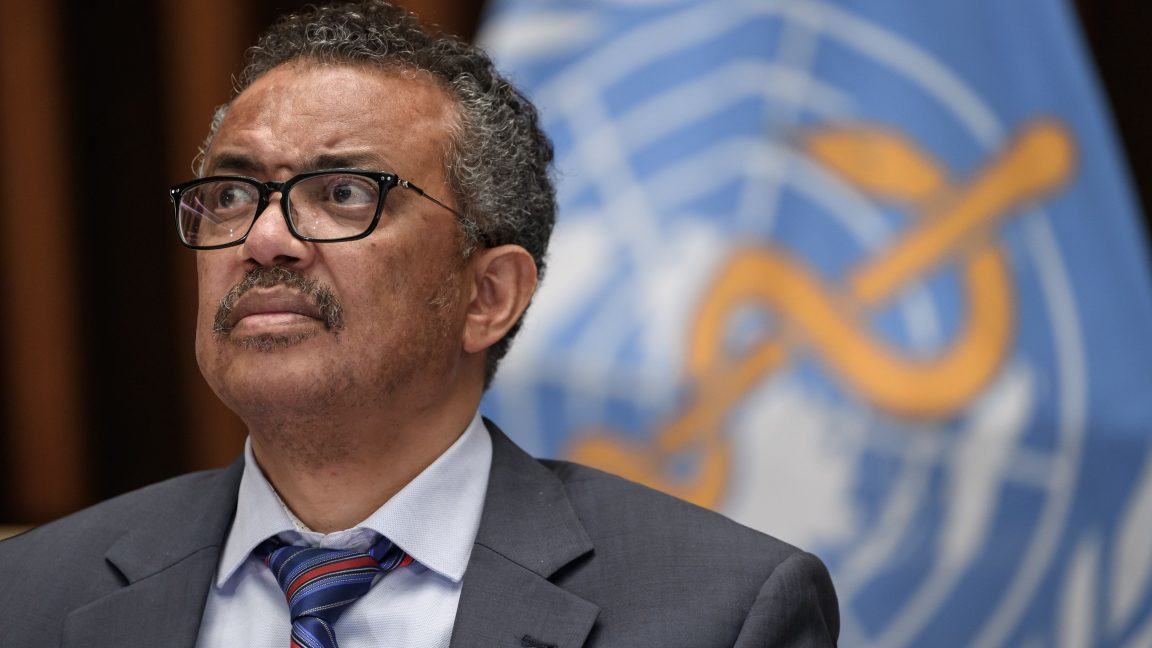
© Getty | Fabrice Cof


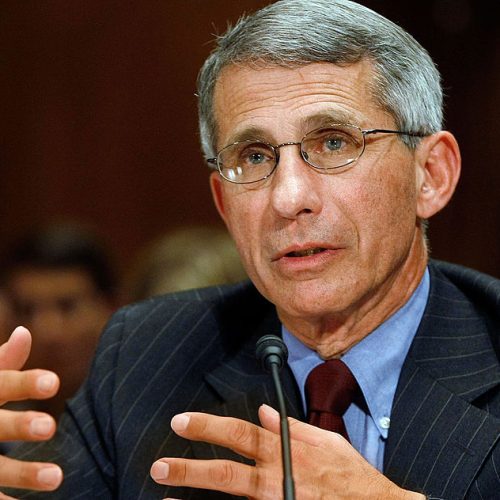
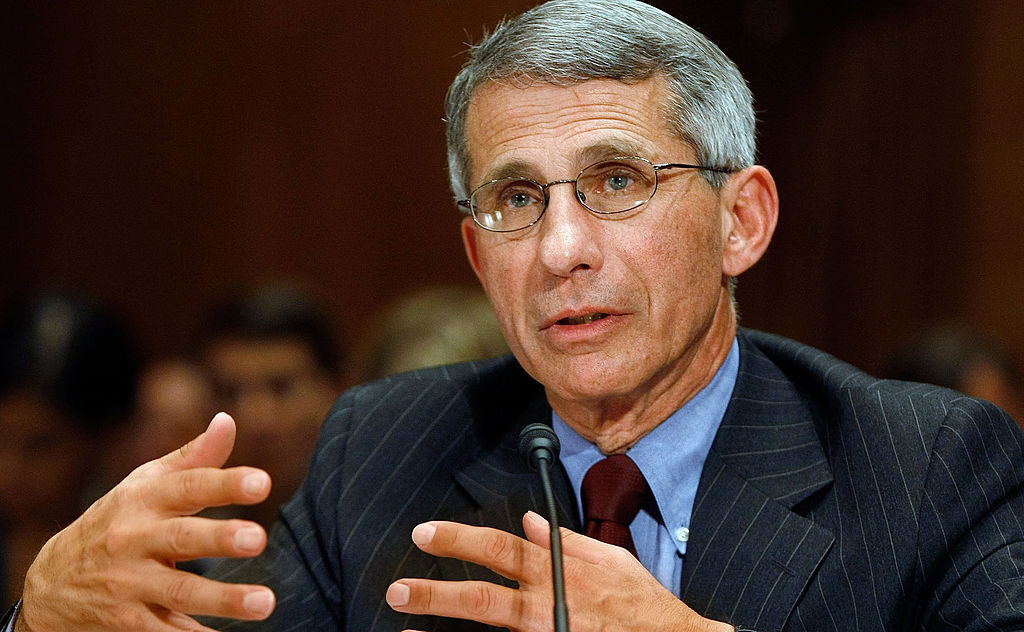
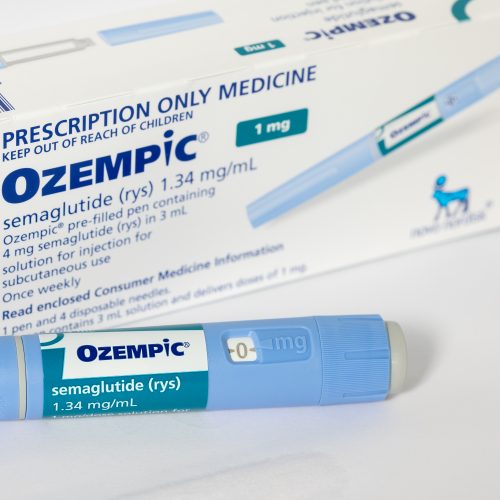
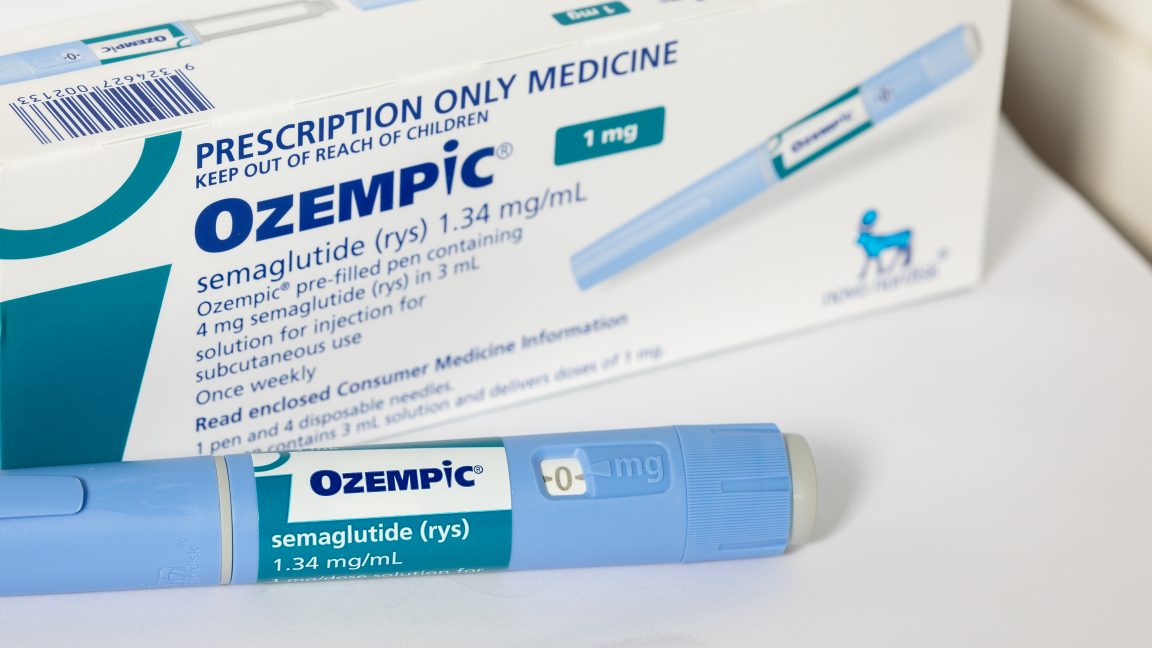


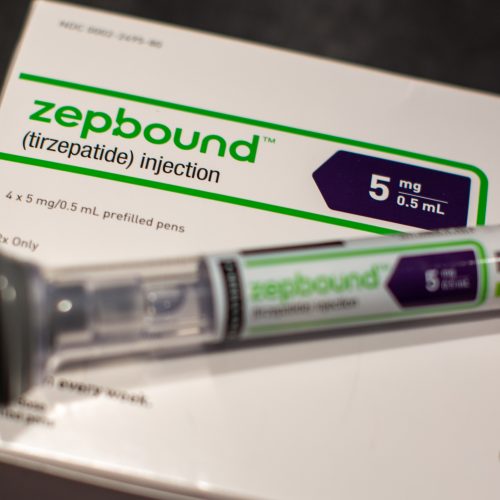
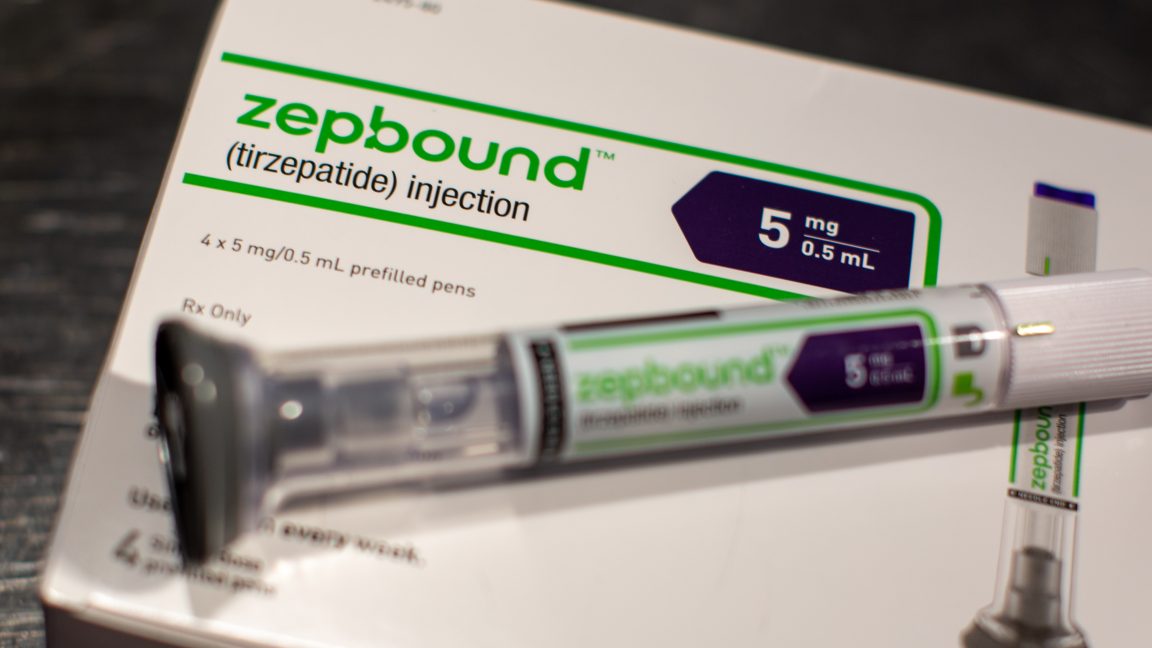


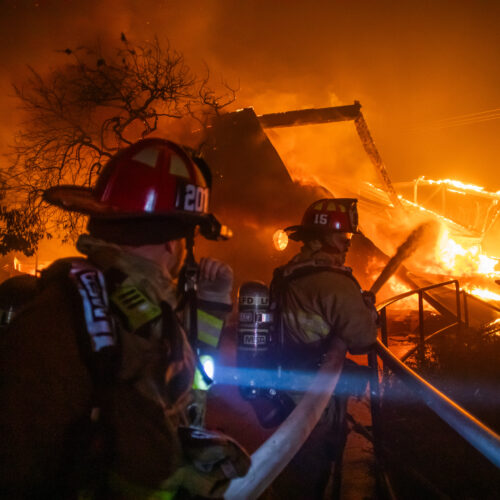
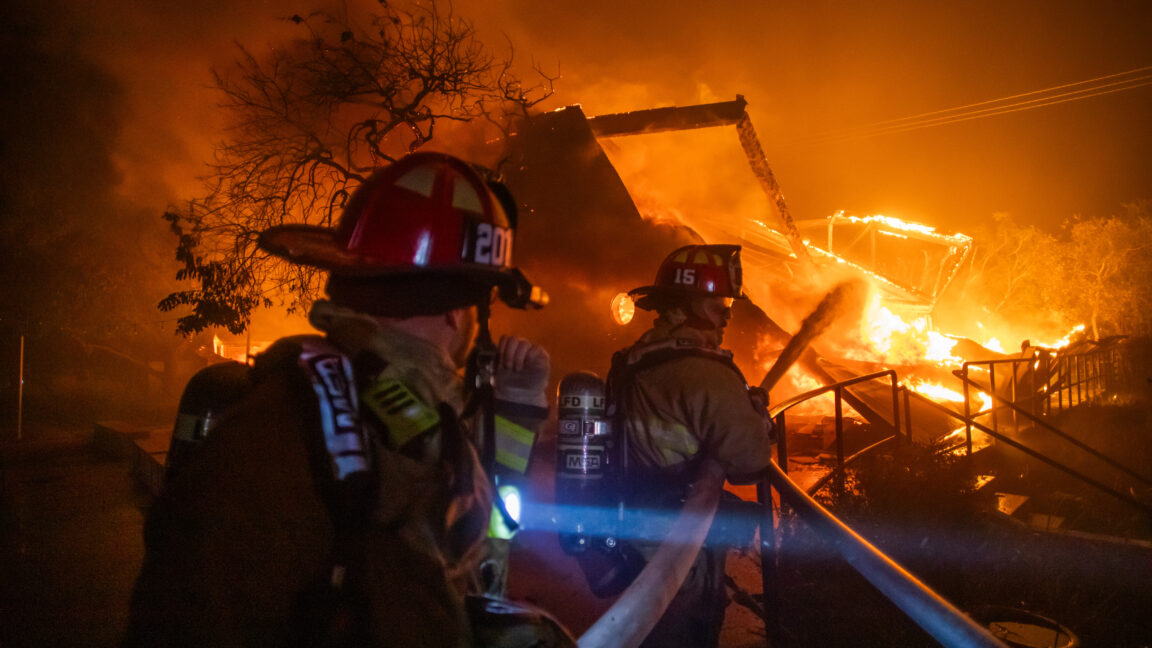


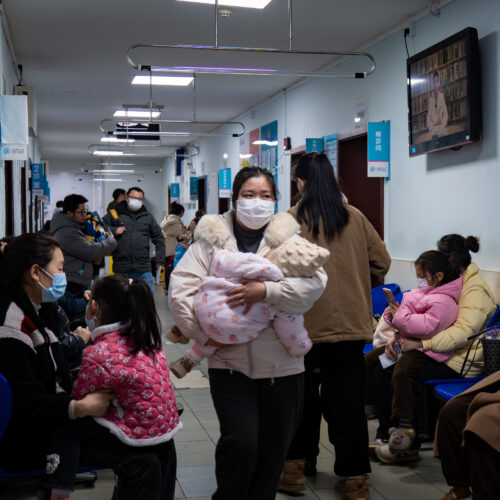
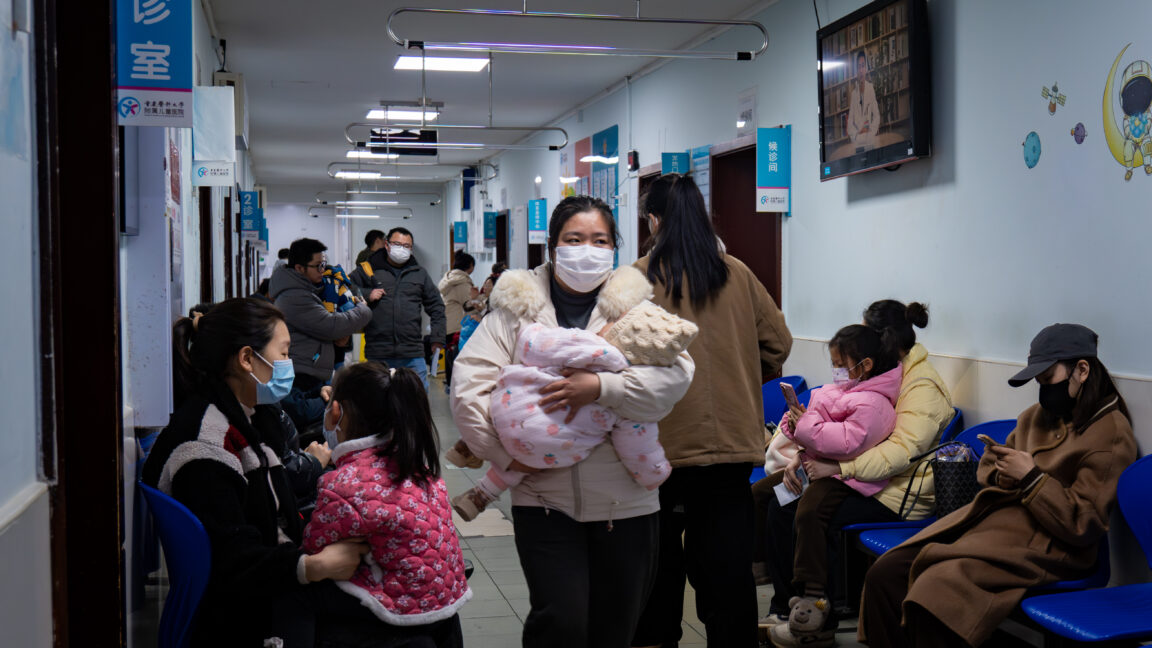
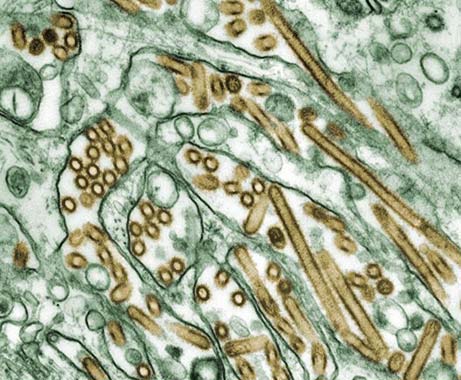


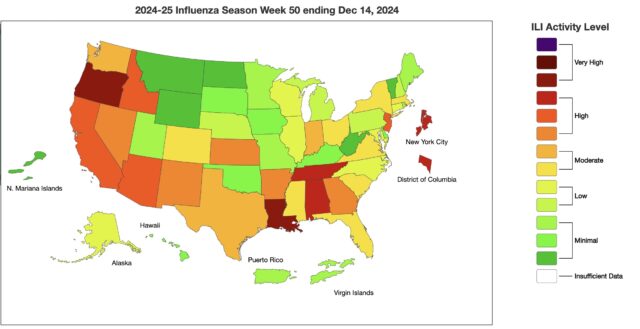 Map of ILI activity by state
Credit:
Map of ILI activity by state
Credit:
